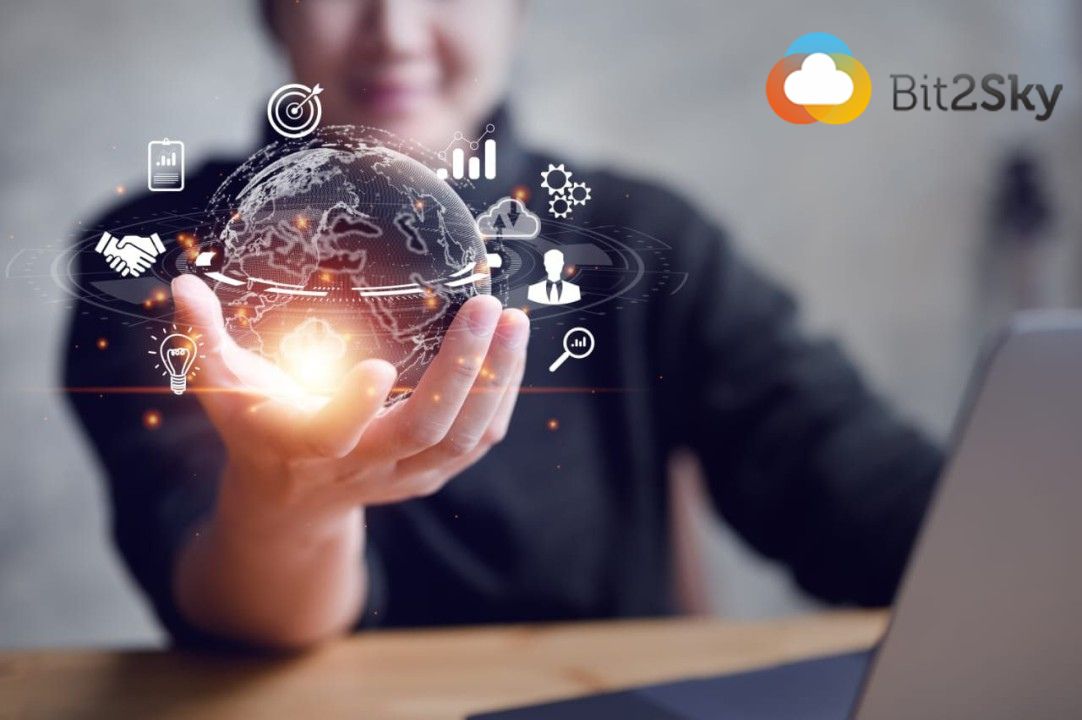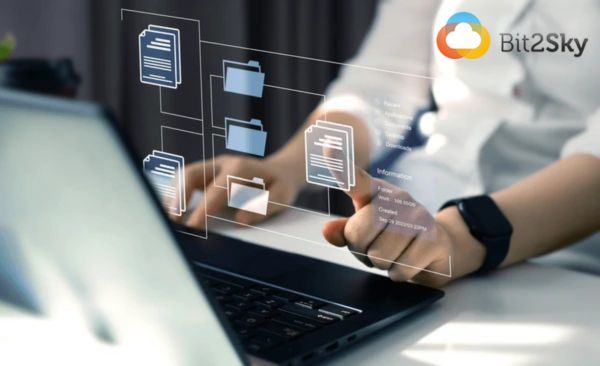The Role of LMS in Modern Education
LMS join forces with educators to destroy the limitations of conventional classrooms and create flexible and scalable methods for course design, delivery, and management. Different materials, such as video lectures, interactive quizzes, discussion forums, and assignment portals, can be created by educators, thereby enriching student experiences and allowing them to learn at their own pace. Thus accommodating various learning preferences and timetables.
In addition, LMS platforms contain robust tracking and assessment tools. Real-time student performance can be monitored by educators, hence identifying challenges that they face and then providing instant feedback. This data-driven methodology allows for individualized learning where content as well as strategies are tailored according to each student’s necessities.
Advanced Technical Features of LMS
Sophisticated data analytics and reporting capabilities are utilized by LMS platforms. These systems can produce thorough reports on learning outcomes, performance measures, and student engagement by incorporating learning analytics. More sophisticated algorithms are able to identify trends and patterns, giving teachers useful information to improve the efficacy of their lessons and their teaching methods.
Furthermore, a lot of LMS platforms are using blockchain technology to improve credentialing and data security. Blockchain technology can provide a safe, unchangeable method of issuing and validating academic qualifications and accomplishments, protecting the accuracy of educational data. Additionally, thanks to this technology, credits and certifications may be transferred between institutions more easily, increasing transparency and confidence in the educational system.
Cybersecurity for Educational Institutions
Since they are accepting more and more Learning Management Systems (LMS), educational institutions have a greater need for strong cybersecurity measures. LMS systems require enhancements within their systems that will serve to protect any sensitive institutional data as well as student information. Encryption protocols, secure access controls, and routine security audits should be put in place so as to avoid any attempts at unlawful entry or data compromise. Furthermore, multi-factor authentication implementation and staff/student cyber security training are other crucial tactics to promote a thriving environment for learners.
Digital Libraries and Resources
Learning Management Systems (LMS) are transforming resource management and access, including digital libraries. By means of integration with digital library systems, learning management system (LMS) platforms, students and instructors can effortlessly obtain an extensive array of academic resources, such as electronic books, research papers, and multimedia content. By making it simple for users to find and apply pertinent content in their learning environment, this promotes a more improved learning experience. Personalized recommendations and sophisticated search tools also improve the efficiency of resource utilization and discovery.
Smart Classroom Solutions
The functionality of LMS platforms is being further enhanced by the advent of smart classroom solutions. These solutions combine a variety of technologies, including as intelligent projectors, Internet of Things (IoT) devices, and interactive whiteboards, to create an immersive learning environment. These intelligent tools can be integrated with learning management systems (LMS) to provide interactive classes, real-time data exchange, and teamwork. Smart sensors, for example, can monitor student participation and modify the curriculum accordingly. Interactive screens also add to the lively and engaging atmosphere of the classroom.
Enhancing Collaboration and Communication
One significant benefit associated with LMS platforms is enabling collaborative working environments through online discussions (forums), group projects, and peer reviews, among others. An interactive classroom is made possible through these features since they promote sharing ideas and resources among students even when they are far apart physically. As a result, this enriches their educational experience while at the same time making them ready for teamwork in workplaces.
LMS platforms also help teachers ease their communication burdens. The ability to send notifications, grades, as well as feedback instantly keeps students up to date with what is happening, thus increasing their levels of engagement. Moreover, remote training and virtual classrooms benefit from integrated tools for video conferencing as well as live streaming.
The Flexibility of LMS Platforms
In this sense, LMS platforms have a lot of flexibility as they support different types of learning, like completely online learning to blended learning that includes both physical and virtual classrooms. This flexibility has become very important in meeting the increasing need for e-learning and hybrid education, especially during the COVID-19 pandemic.
LMS platforms, which facilitate education by being accessible from any internet-linked device, ensure that learning is more convenient and inclusive, thus allowing all students to have access to education wherever they might be or irrespective of their financial situation.
Driving Innovation in Education
LMS platforms are driving educational innovation with features like gamification, adaptive learning, and artificial intelligence. Gamification incorporates game design elements into the learning process, increasing engagement and motivation. Adaptive learning uses AI to tailor course difficulty to student performance, ensuring that each student is appropriately challenged.
These innovations are transforming education from a one-size-fits-all model to a more personalized and dynamic experience. As LMS platforms continue to evolve, they will play an increasingly important role in shaping the future of education.
Conclusion
Technological advancements in education have been mainly influenced by learning management systems. LMS systems are changing the way education is delivered and experienced by providing a central, flexible, and innovative platform for managing learning. The educational institutions have a lot to expect from these technologies as far as enhancing learning outcomes and expanding access to education are concerned.
At Bit2Sky, we believe that by putting into use our LMS platforms, we will be able to improve the quality of education while encouraging innovation among educators and students alike in this digital era.

.png)

.jpg)

